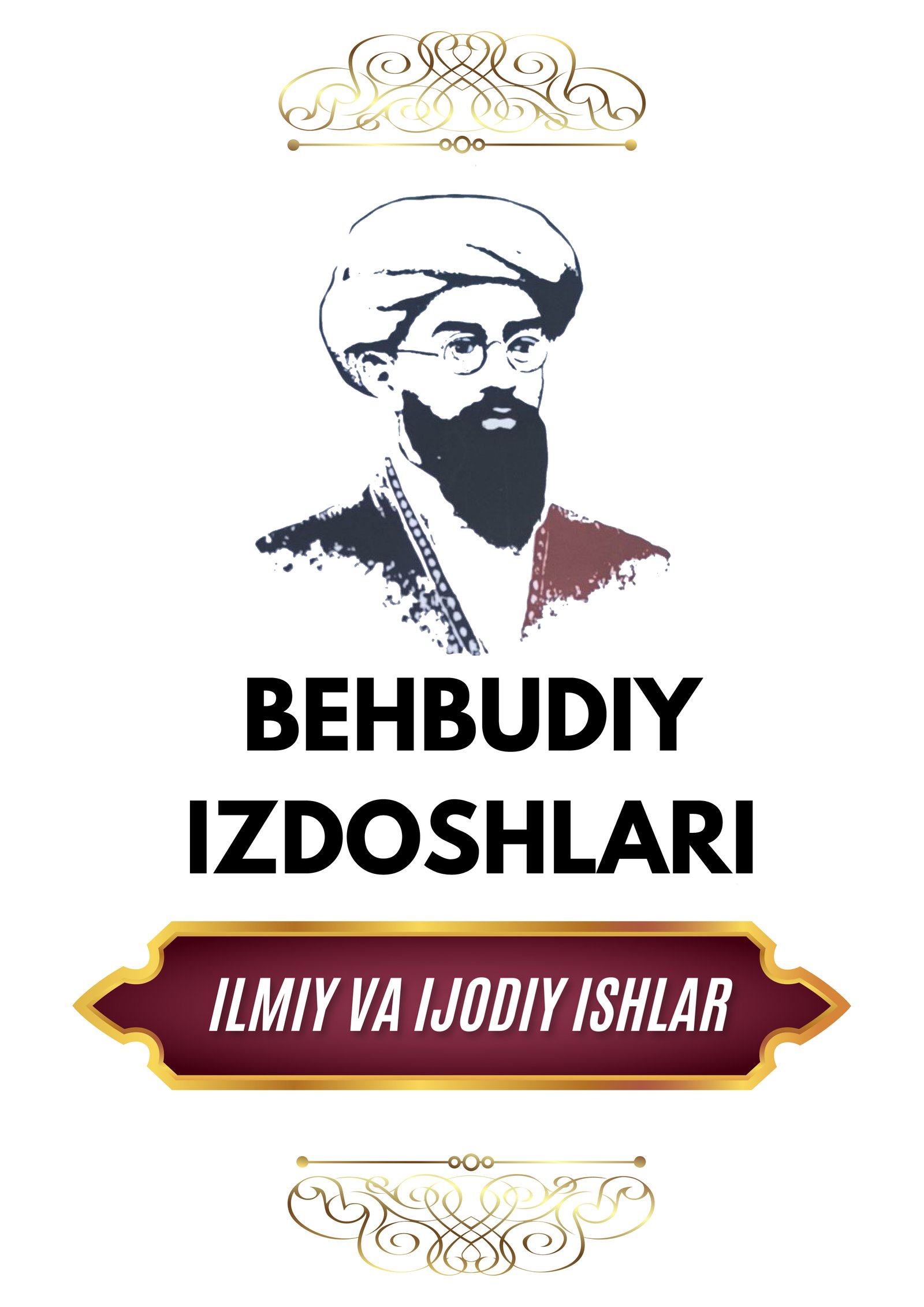Abstract
This study explores the theoretical and practical aspects of learning English through literary works. It examines the role of literary texts in language acquisition, highlighting their linguistic and cultural significance. The research emphasizes how literature enhances vocabulary acquisition, reinforces grammatical structures, and develops cultural awareness. Additionally, the study outlines criteria for selecting literary works based on learners' proficiency levels and age groups, providing methodological approaches for effective implementation. Practical lesson plans, interactive teaching strategies, and creative exercises are also included. These methodological recommendations serve as a valuable resource for teachers, students, and researchers in the field of English language education.
References
1. Brumfit, C. J., & Carter, R. A. (2000). Literature and Language Teaching. Oxford University Press.
2. Lazar, G. (1993). Literature and Language Teaching: A Guide for Teachers and Trainers. Cambridge University Press.
3. Collie, J., & Slater, S. (1987). Literature in the Language Classroom: A Resource Book of Ideas and Activities. Cambridge University Press.
4. Journal Articles:
5. Krashen, S. (1982). Principles and Practice in Second Language Acquisition. Pergamon Press. Paran, A. (2008). "The Role of Literature in Instructed Foreign Language Learning and Teaching: An Evidence-Based Survey." Language Teaching, 41(4), 465-496.
6. Online Sources:
7. British Council. (2021). Using Literature for English Language Teaching. Retrieved from www.britishcouncil.org
8. TESOL International Association. (2022). Benefits of Literature in Language Learning. Retrieved from www.tesol.org
